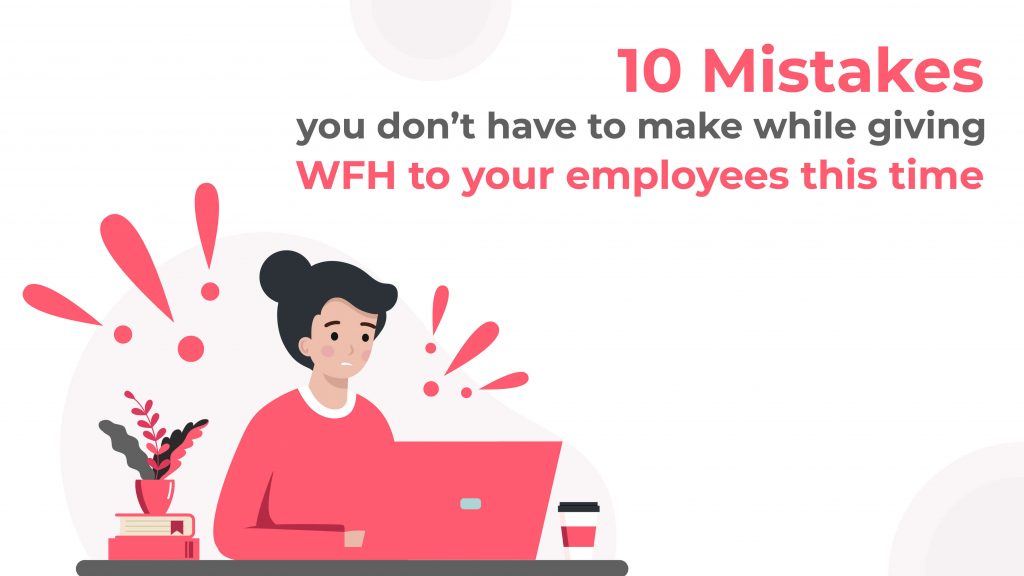We’ve all gone crazy trying to manage this pandemic outbreak and the covid waves of highs and lows. Though it has been an enjoyable experience for all the employees as they have got a new relaxed way of working, the employers of India who haven’t ever done WFH faced a lot of hardships trying to manage everything right from the start.
I must say, many organisations have developed initial systems and processes to work smoothly in WFH, yet the list of mistakes being made is still a lot.
Here are the 10 mistakes you must avoid, no matter what, for an awesome WFH culture.Mistake 1: Cutting down weekly offs
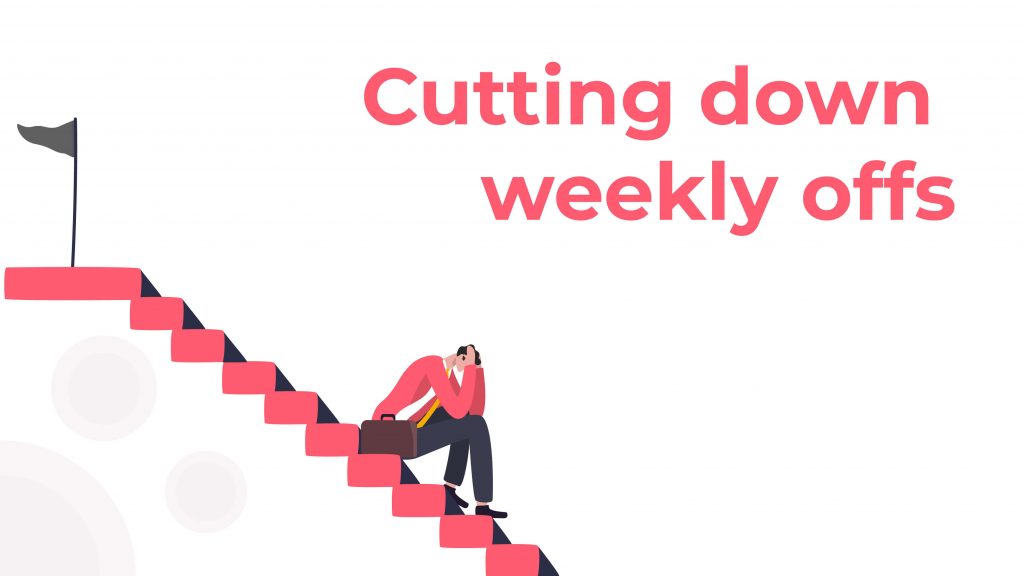
Mistake 2: No attendance/time calculation system
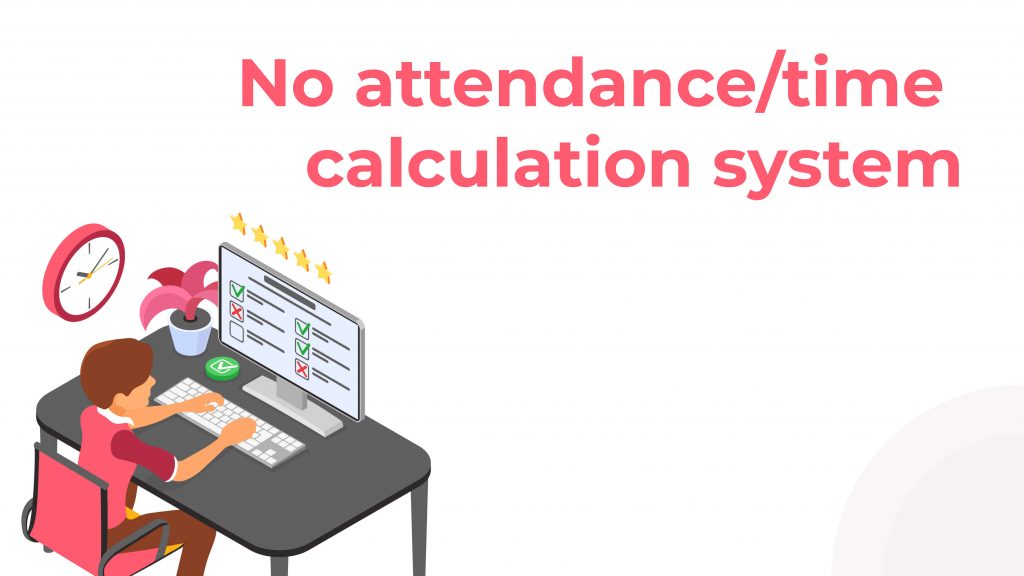
Mistake 3: Giving low speed laptops/mobile or other gadgets
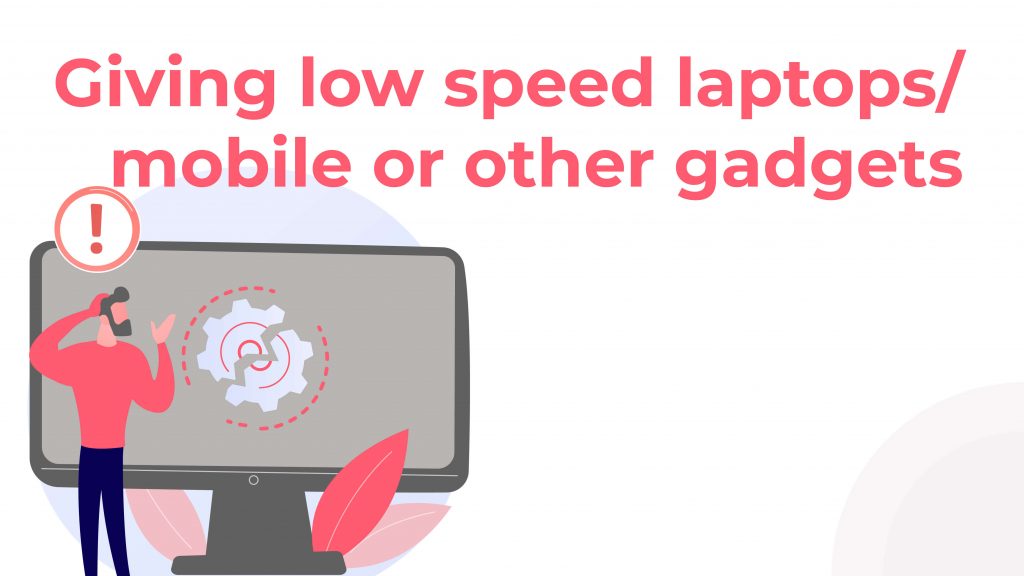
Smart people need high speed smart laptops as partners to keep them working. Low speed laptops/ gadgets will create less efficient results and moreover, working with a slow computer can be seriously frustrating as it brings monotony. Who wants to stop in between tasks just because the laptop doesn’t match your speed.
Slow gadgets also impact the productivity of employees as most of the time they are focusing on system performance issues.
Mistake 4: Calling for meetings in late hours
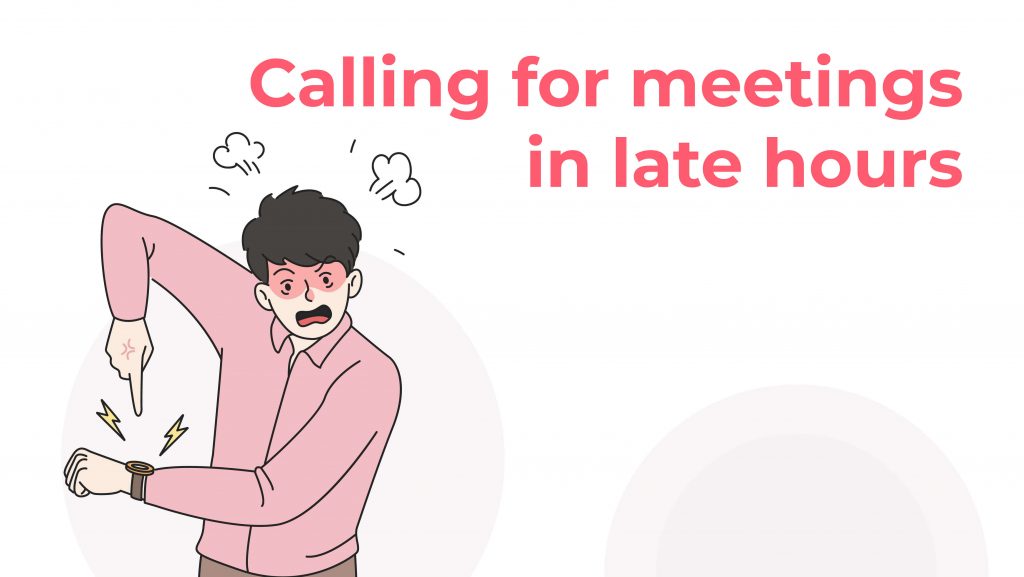
Mistake 5: Making sure that the employees are happy- keep some virtual activities on
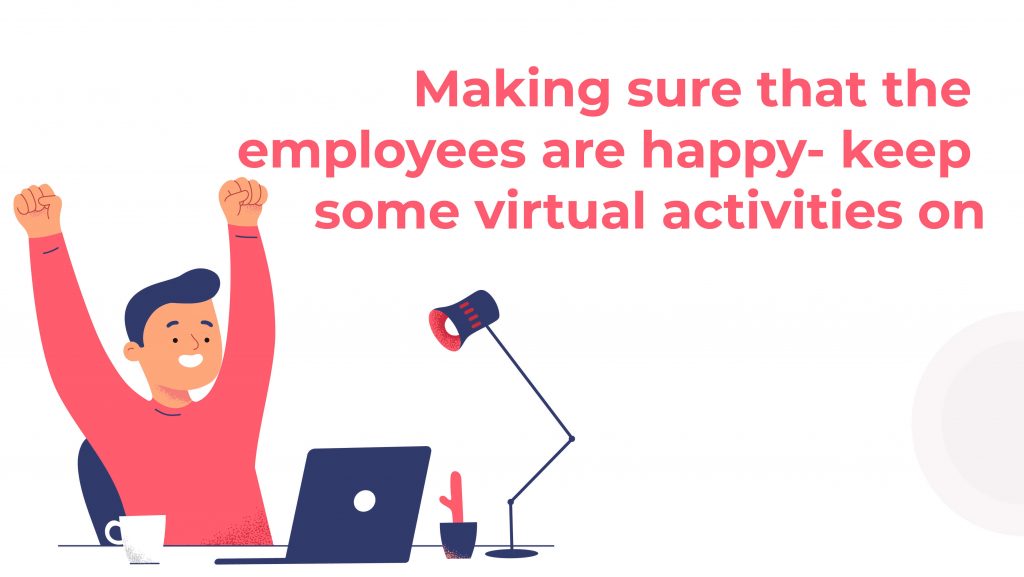
Mistake 6: Checking if every employee has High-quality Wifi
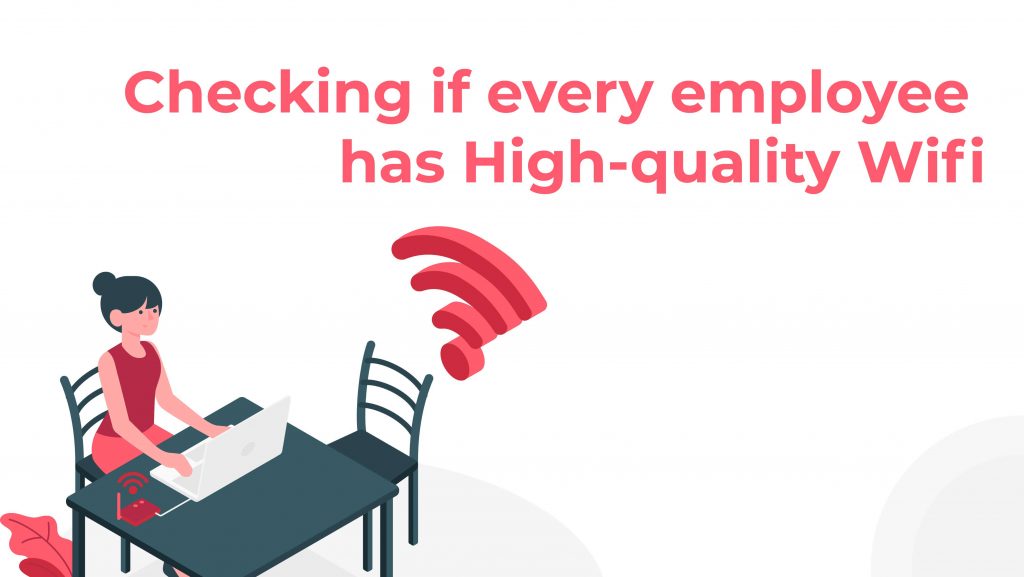
Mistake 7: Introducing short term result-oriented bonuses

Mistake 8: Systems to monitor the quality of work
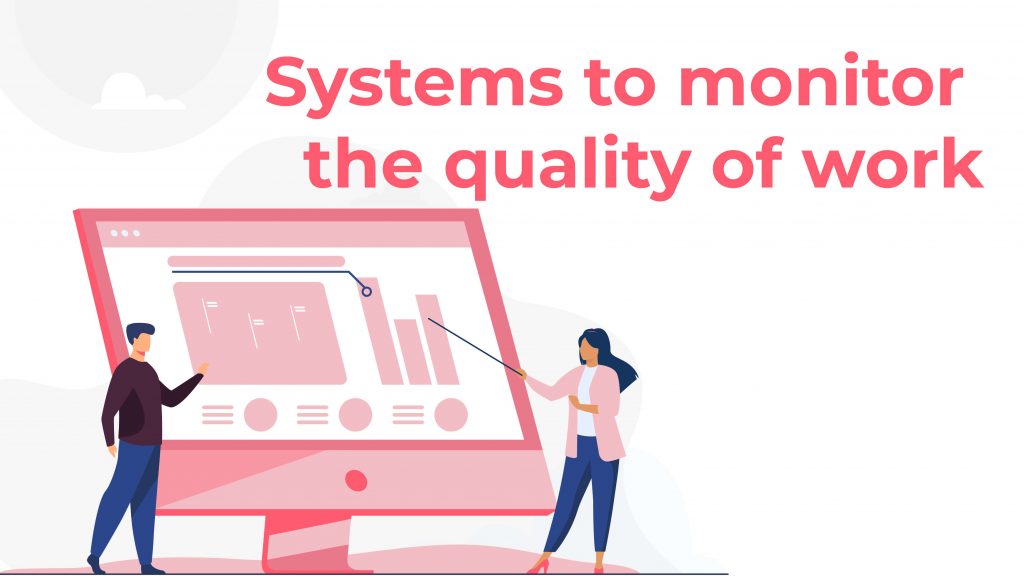
Mistake 9: Video conferencing should be done with cameras on
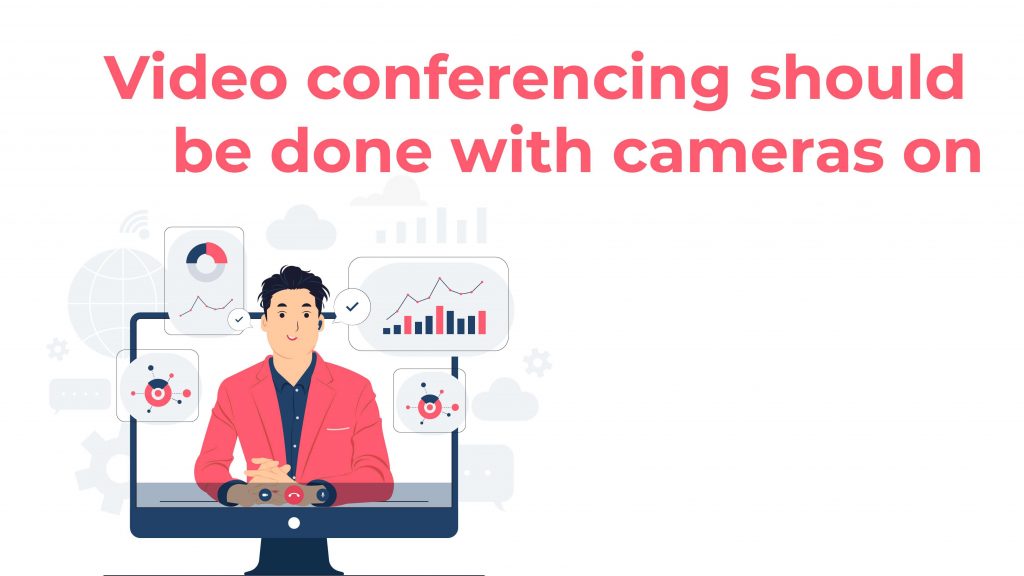
Try doing calls on video conferencing with camera on. It brings the human touch which is missing while working from home. Moreover, It communicates confidence,improves engagement and also keeps remote teams even more connected.
Remember, nothing can match up sentiment and expressions laid out in conversations that spice up the discussion in the meetings.
Mistake 10: Normalise taking offs even when it is just about staying home- Don’t crib
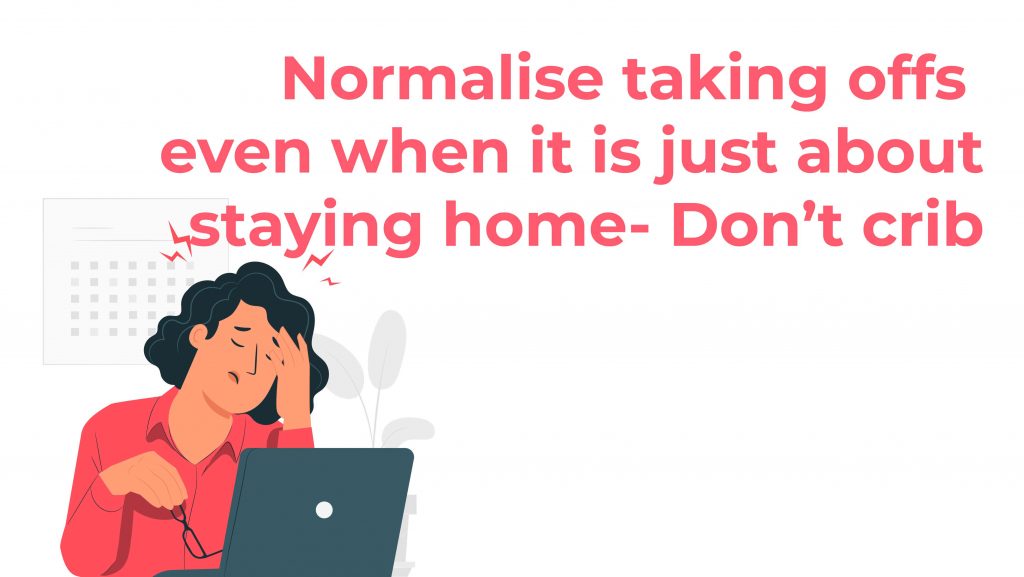
– The added stress of the global pandemic has created mental illness all around. So as to safeguard the mental and physical health of the employee you should normalise taking offs even when it’s just about staying at home.
Don’t be too rigid when it comes to off and don’t be too lenient when it comes to systems. A balance will bring the best match in your organisation.

